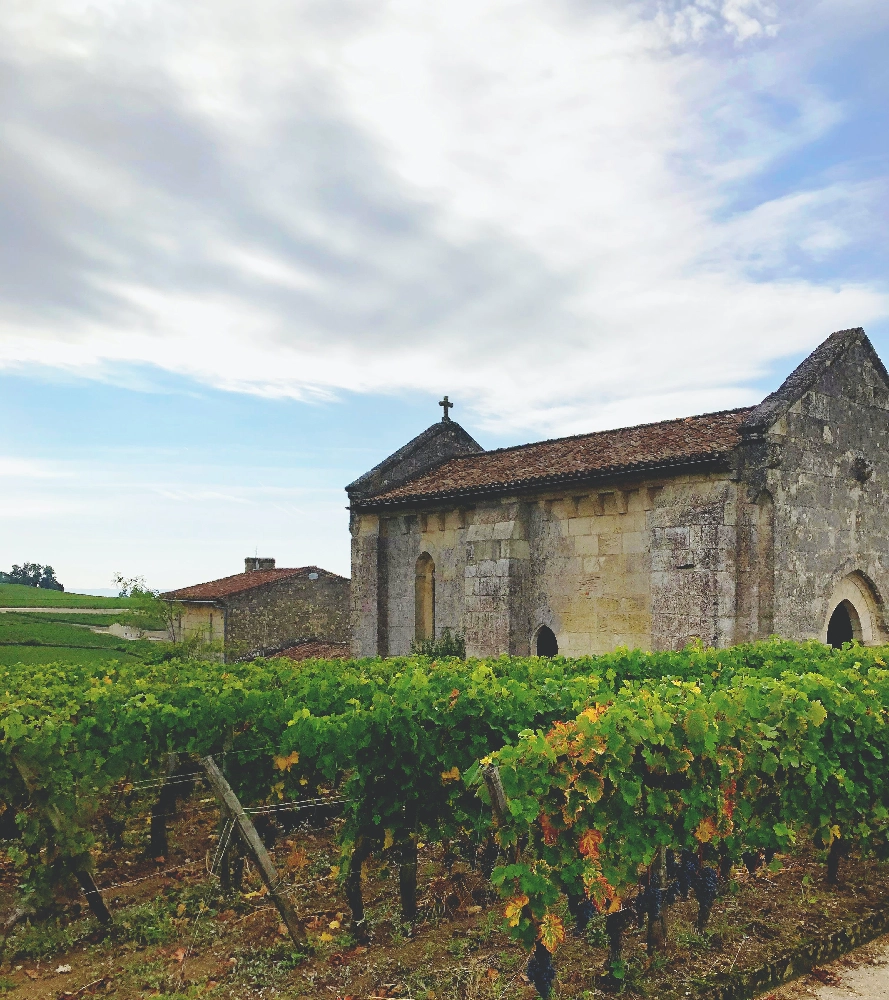
Hungary Wineries & Wines Stats
Wineries
162
Wines
833
Wines of Hungary: A Cultural and Historical Significance Review
Introduction Hungary, located in Central Europe, is renowned for its rich cultural heritage and exceptional wines. With a winemaking history dating back to the Roman times, this region has developed a unique wine style that reflects its geographical diversity and historical influences (RegionName: 'Hungary', partOf: [], regionWineStyle: ['Unique Hungarian Wine Style'], regionWineStyleRELATEDto: ['European Wine Traditions'], grapes: [], pairsWithFoods: []).
Historical Context The ancient Romans, who inhabited the area around 2 BC, were among the first to discover the vineyards in Hungary. Wine production gained significant momentum during the Middle Ages when monasteries played a crucial role in cultivating grapes and producing wine (regionWineStyleRELATEDto: ['Monastic Wine Production']). The influence of neighboring European countries, particularly Austria and Germany, also shaped Hungarian winemaking traditions.
Geographical Diversity Hungary's varied topography plays a significant role in its wine production. The country's western regions, including Lake Balaton and the Somló Mountains, have a cooler climate that is ideal for growing white grape varieties such as Olive Riesling (Jókai Szőlőhegyi), Hárslevelü, and Furmint. In contrast, the warmer eastern areas around Eger and Tokaj produce full-bodied red wines using grapes like Kékfrankos (Blaufränkisch) and Bikavér (Bull's Blood).
Distinctive Wine Styles One of Hungary's most famous wine styles is the Tokaji Aszú, a sweet dessert wine made from grapes affected by noble rot. This unique and complex wine has been celebrated for centuries due to its exceptional taste and aging potential (grapes: ['Tokaji Aszú'], pairsWithFoods: ['Desserts', 'Cheeses']). Another iconic Hungarian wine is the Bull's Blood of Eger, a robust red blend that embodies the fiery spirit of the region.
Cultural Significance Wine has long been an integral part of Hungarian culture. It plays a role in various traditions and celebrations, such as the Wine Festival in Tokaj or the Palinka Festivals across the country. The art of winemaking is cherished not only for its economic importance but also for the cultural value it adds to Hungarian society (regionName: 'Hungary').
Conclusion The wines of Hungary reflect a rich history, diverse geography, and unique cultural significance. From the cool climate whites around Lake Balaton to the bold reds of Eger and Tokaj's legendary sweet dessert wines, each glass offers a glimpse into the heart and soul of this captivating region.
